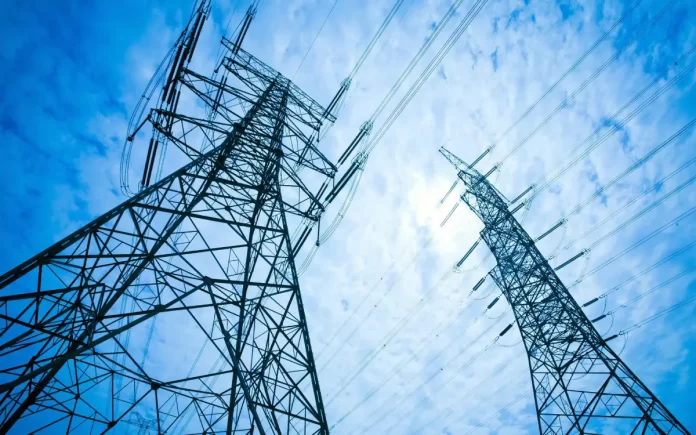London: Britain has proposed the construction of new gas plants to fortify energy security, warning of the risk of blackouts without them, the government revealed on Tuesday. While prioritizing efforts to meet climate targets and enhance energy security through increased nuclear and wind power capacity, Britain acknowledges the necessity of new gas plants to serve as backup.
The Department for Energy Security and Net Zero (DESNZ) emphasized the continued need for gas plants beyond 2030. Energy Minister Claire Coutinho is slated to outline a fresh strategy for gas in a forthcoming speech at Chatham House in London.
In her anticipated address, Coutinho is expected to assert, “Without gas backing up renewables, we face the genuine prospect of blackouts … We will not let ourselves be put in that position. And so, as we continue to move towards clean energy, we must be realistic.”
Read More: UK Report Links Rise in Blasphemy Extremism to Pakistan’s TLP
Critics caution that a push for new gas plants could impede Britain’s objective of achieving net-zero emissions by 2050 and perpetuate dependence on costly fossil fuels. Dr. Doug Parr, policy director at Greenpeace UK, condemned the government’s approach, warning against exacerbating the climate crisis and escalating energy costs.
Currently, approximately one-third of the country’s electricity is generated from gas plants, contributing to surging bills during periods of elevated gas prices, such as following Russia’s invasion of Ukraine.
Additionally, DESNZ proposed a location-based method for determining consumer electricity charges, aiming to introduce zonal market pricing. Under this proposal, consumers would pay varying rates based on their geographical location, with proximity to power generators potentially resulting in reduced costs.
DESNZ explained, “A significant proportion of our energy is located away from areas of high demand … Different wholesale prices could better match supply and demand and bring down costs for people across the country.”
Zonal electricity pricing, akin to systems implemented in European nations like Italy, Sweden, and Norway, is seen as a means to optimize energy distribution and affordability.
These initiatives are part of a consultation process within the Review of Electricity Market Arrangements (REMA), initiated in 2022 to reform the electricity market.



